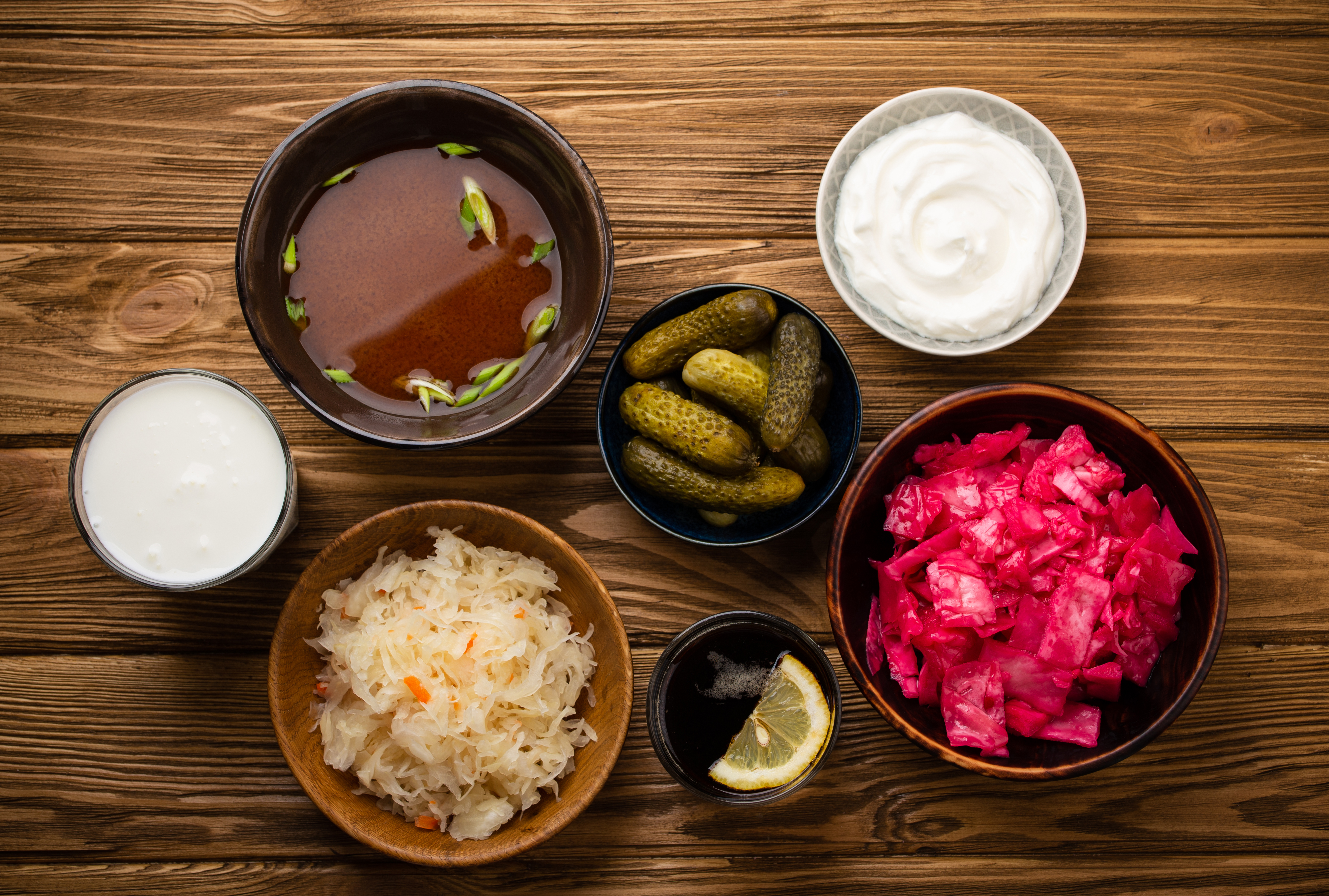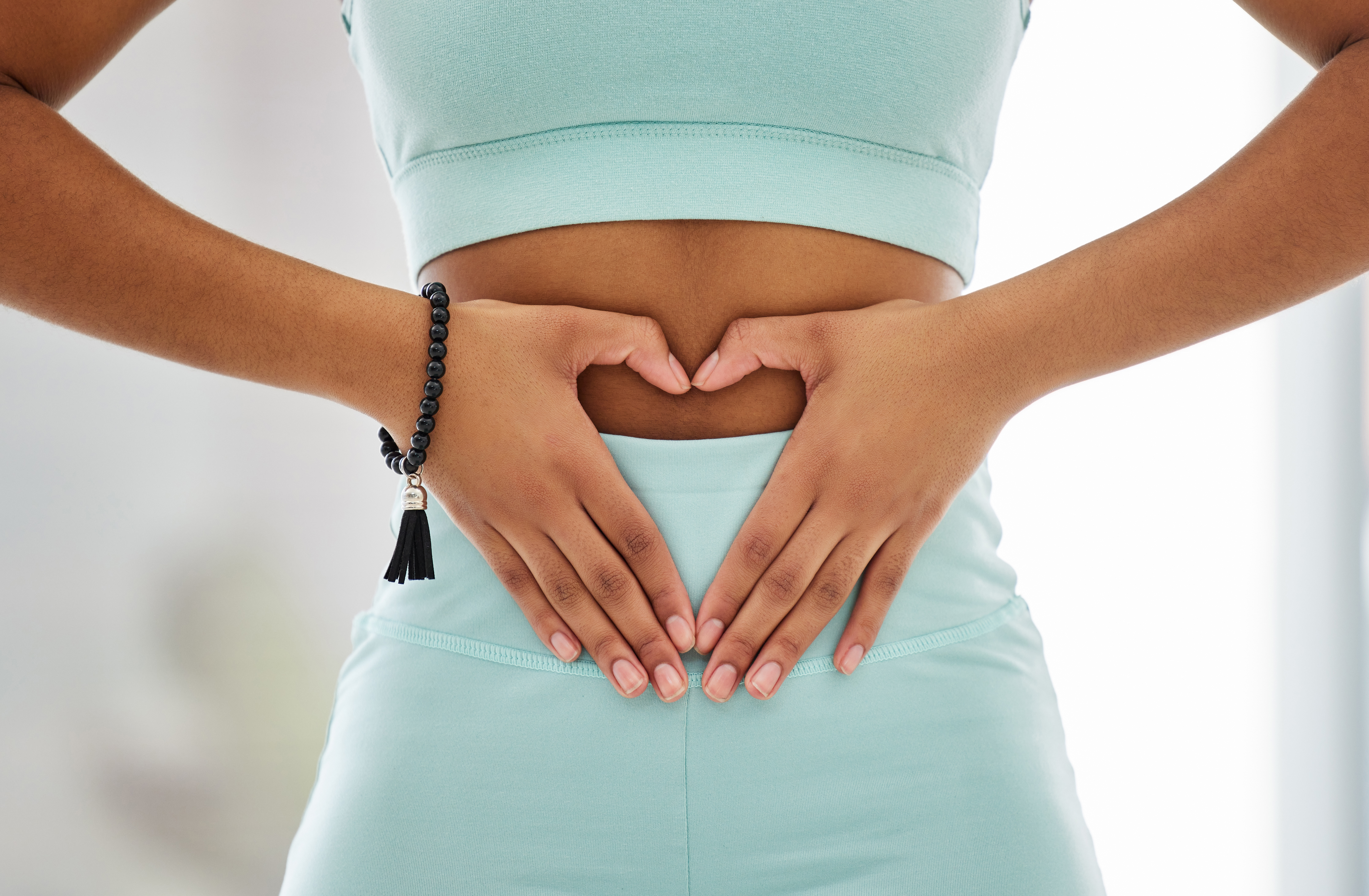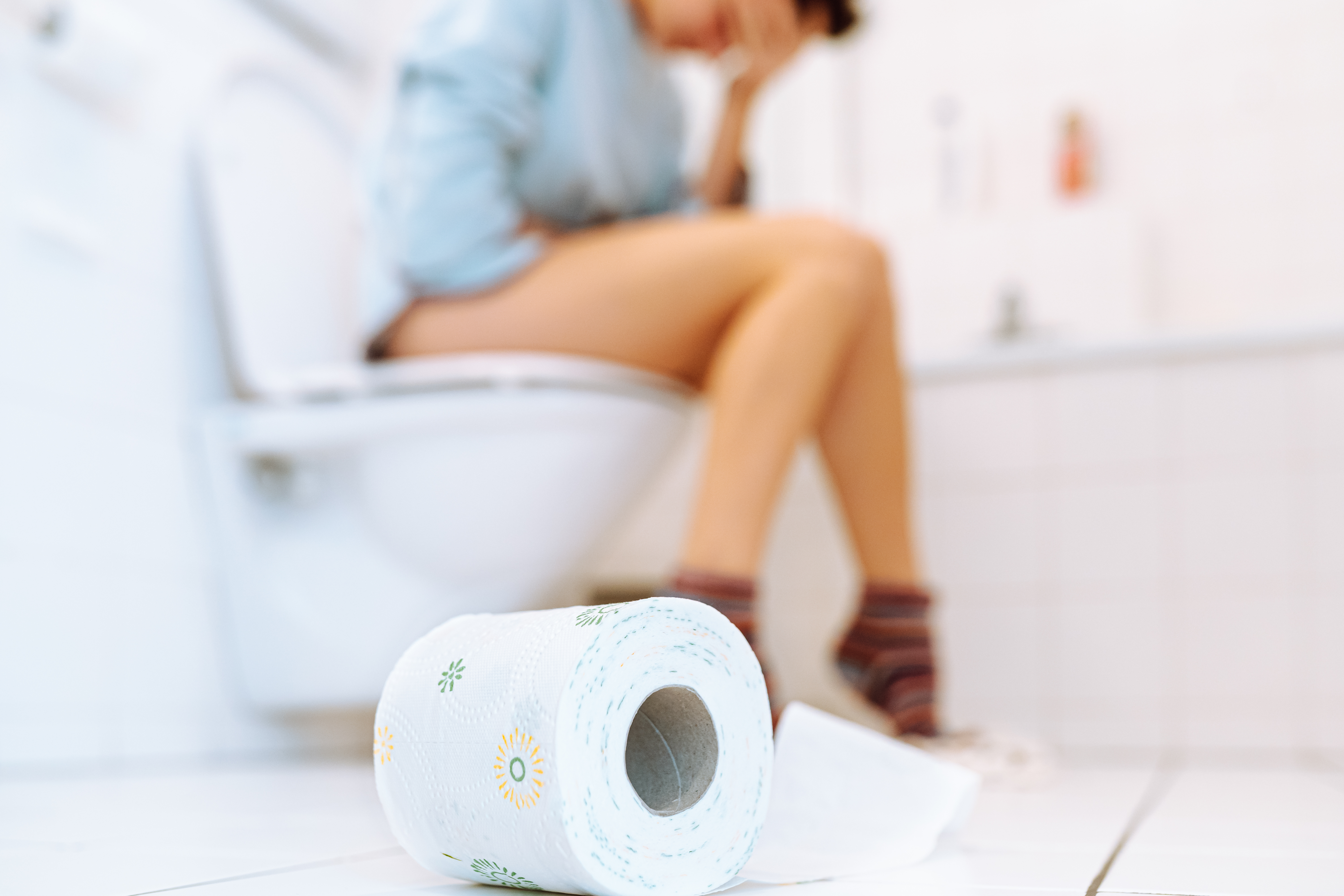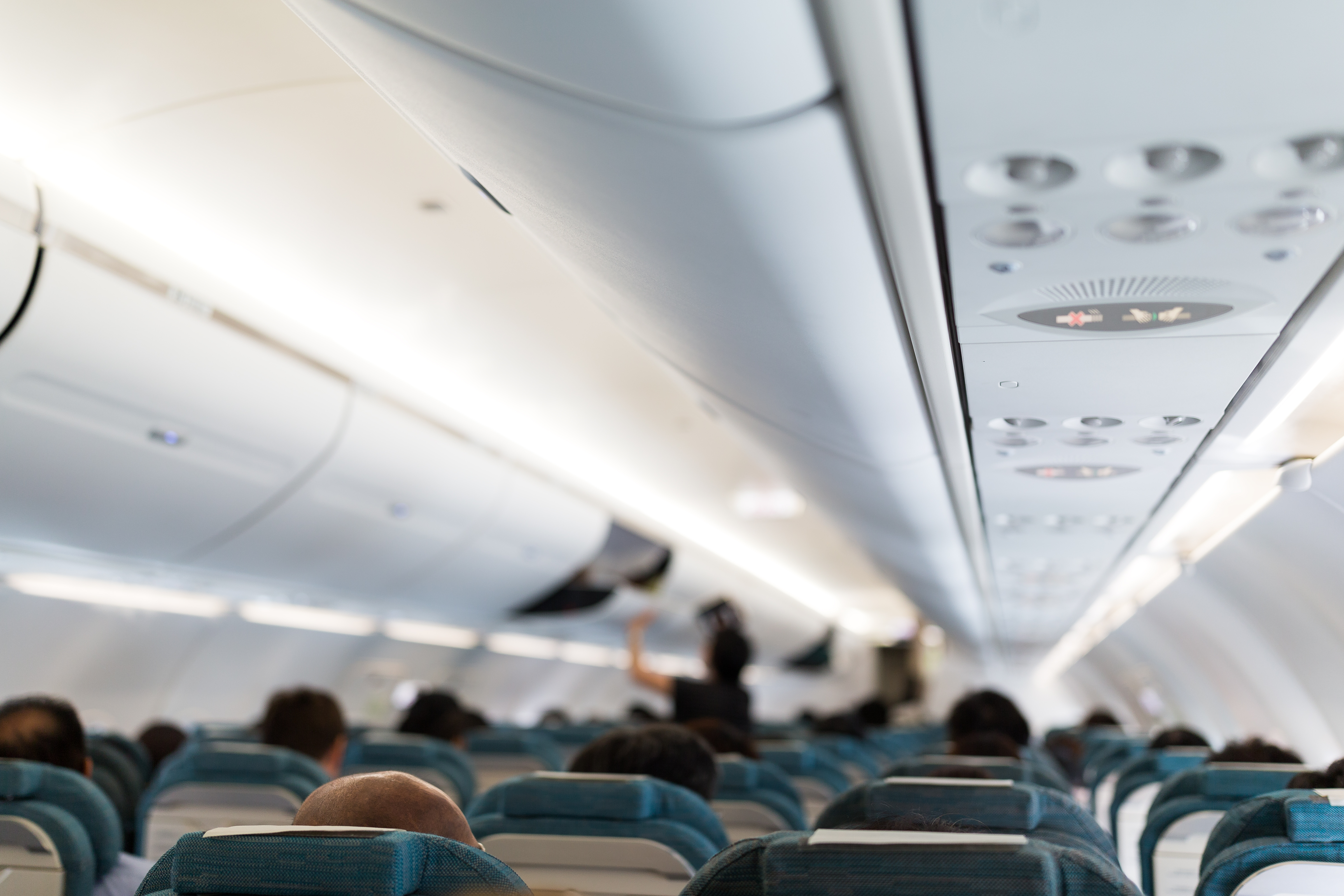23 Hidden Causes of Bloating That Have Nothing to Do With Food
Bloating is often blamed on what we eat, but the truth is, your diet might not be the only—or even the biggest—culprit. While certain foods can contribute to bloating, there are plenty of unexpected triggers that have nothing to do with what’s on your plate. From lifestyle habits to environmental factors and even hidden health conditions, bloating can stem from a wide range of surprising sources. That’s why we’ve expanded our list from 13 to 23 surprising causes of bloating that go beyond your diet. If you’ve tried cutting out foods and still experience that uncomfortable, swollen feeling, this article may provide the answers you’ve been missing. Whether it’s how you breathe, your daily routine, or even the way you sleep, these lesser-known bloating triggers could be the key to finally beating the bloat—for good.
1. The Role of Stress: Emotional Turmoil and Abdominal Distress

Stress is an inevitable part of life, but its impact on the body can be profound, extending far beyond mental health. When you experience stress, your body enters a fight-or-flight mode, releasing hormones like cortisol that can disrupt normal bodily functions, including digestion. This disruption can lead to bloating as stress can cause the digestive system to slow down, resulting in gas build-up. Furthermore, stress can alter the gut microbiome, which plays a crucial role in maintaining digestive health. Understanding the connection between stress and bloating is essential, as managing stress through techniques such as mindfulness, exercise, or therapy can significantly alleviate bloating symptoms.
2. The Impact of Posture: How Sitting and Standing Affect Your Gut

Your posture can significantly influence your digestive health, often in ways that are easily overlooked. Poor posture, whether sitting or standing, can compress the abdominal area, leading to increased pressure on the stomach and intestines. This pressure can hinder the normal movement of gas and waste through the digestive tract, causing bloating. For instance, slouching while sitting can exacerbate these effects, while standing with poor alignment can similarly disrupt digestive processes. By maintaining good posture, you can facilitate better digestion and reduce the likelihood of bloating. Simple adjustments, such as sitting up straight or using ergonomic furniture, can make a noticeable difference in your digestive comfort.
3. Hormonal Fluctuations: The Invisible Hand Behind Bloating

Hormonal changes, particularly those related to the menstrual cycle, can significantly contribute to bloating. During certain phases of the cycle, such as ovulation and menstruation, hormonal fluctuations can lead to water retention and changes in gut motility, both of which can cause bloating. Additionally, conditions like polycystic ovary syndrome (PCOS) and menopause can exacerbate these effects. Understanding the hormonal influences on bloating is crucial for women, as it can help in anticipating and managing symptoms. Strategies such as tracking your cycle, engaging in regular exercise, and consulting with a healthcare provider can help mitigate hormone-related bloating.
4. The Influence of Sleep Patterns: Restless Nights and Digestive Distress

Sleep is a fundamental aspect of overall health, and its impact on digestion is no exception. Poor sleep quality or irregular sleep patterns can disrupt the body's circadian rhythm, which regulates various bodily functions, including digestion. When this rhythm is disturbed, it can lead to slower digestion and increased gas production, resulting in bloating. Moreover, sleep deprivation can heighten stress levels, further exacerbating digestive issues. Prioritizing good sleep hygiene, such as maintaining a consistent sleep schedule and creating a restful environment, can significantly improve digestive health and reduce bloating.
5. The Effects of Physical Activity: Finding the Right Balance

Exercise is essential for maintaining a healthy body, but its relationship with bloating is complex. While regular physical activity can promote efficient digestion and reduce bloating, overexertion can have the opposite effect. Intense workouts may lead to increased air swallowing and stress on the digestive system, causing bloating. Conversely, a sedentary lifestyle can slow down digestion, also resulting in bloating. Finding the right balance of physical activity is key to preventing bloating. Incorporating moderate exercises, such as walking, yoga, or swimming, can enhance digestion without overburdening the body.
6. The Connection Between Breathing and Bloating: Air Intake Matters

Breathing is a fundamental life process, but how you breathe can influence your digestive health. Rapid or shallow breathing, often associated with stress or anxiety, can lead to increased air swallowing, which contributes to bloating. On the other hand, deep, diaphragmatic breathing can promote relaxation and improve digestion. By practicing mindful breathing techniques, you can reduce the amount of air swallowed and alleviate bloating. Incorporating breathing exercises into your daily routine can enhance overall well-being and support digestive health, offering a simple yet effective strategy to combat bloating.
7. The Role of Hydration: Water's Dual Impact on Digestion

Hydration is vital for maintaining bodily functions, including digestion. However, both dehydration and overhydration can contribute to bloating. Insufficient water intake can lead to constipation and slow digestion, causing gas build-up and bloating. Conversely, excessive water consumption can dilute stomach acids, impairing digestion and leading to bloating. Striking the right balance in hydration is essential for digestive health. Paying attention to your body's cues and adjusting water intake according to activity levels and climate can help maintain optimal hydration and prevent bloating.
8. The Influence of Environmental Factors: Air Quality and Bloating

Environmental factors, such as air quality, can have a surprising impact on digestive health. Poor air quality, often caused by pollution or allergens, can lead to increased respiratory issues and stress, both of which can contribute to bloating. Additionally, exposure to certain chemicals or pollutants may disrupt the gut microbiome, further exacerbating digestive issues. Being mindful of your environment and taking steps to improve air quality, such as using air purifiers or spending time in nature, can help reduce the impact of environmental factors on bloating.
9. The Impact of Medications: Side Effects on Digestive Health

Various medications, including over-the-counter drugs and prescriptions, can have side effects that affect digestion, leading to bloating. For instance, antibiotics can disrupt the gut microbiome, while nonsteroidal anti-inflammatory drugs (NSAIDs) can irritate the stomach lining. Understanding the potential digestive side effects of medications is crucial for managing bloating. Consulting with a healthcare provider about alternatives or adjustments to medication regimens can help mitigate these effects, promoting better digestive health and reducing bloating.
10. The Role of Gut Microbiome: Microbial Balance and Bloating

The gut microbiome, a complex community of microorganisms residing in the digestive tract, plays a vital role in digestion and overall health. An imbalance in this microbiome, often referred to as dysbiosis, can lead to digestive issues, including bloating. Factors such as stress, medications, and environmental influences can disrupt the microbiome, causing gas production and bloating. Supporting a healthy gut microbiome through probiotics, prebiotics, and a balanced lifestyle can help restore microbial balance and alleviate bloating. Understanding the role of the microbiome in digestive health is essential for effectively managing bloating.
11. The Influence of Travel: Changes in Routine and Digestive Discomfort

Travel can be an exciting experience, but it often brings changes in routine that can affect digestion. Altered sleep patterns, increased stress, and changes in time zones can disrupt the body's circadian rhythm, leading to bloating. Additionally, prolonged periods of sitting during travel can slow digestion and contribute to discomfort. Being mindful of these factors and taking steps to maintain a consistent routine, such as staying hydrated, moving regularly, and managing stress, can help prevent travel-related bloating and ensure a more comfortable journey.
12. The Effects of Temperature: How Climate Influences Digestion

Temperature and climate can have a surprising impact on digestion and bloating. Extreme temperatures, whether hot or cold, can affect blood flow and muscle function, which in turn can influence digestive processes. For example, cold weather may slow down digestion, while hot weather can lead to dehydration, both contributing to bloating. Being aware of how temperature affects your body and taking steps to adapt, such as dressing appropriately and adjusting hydration levels, can help mitigate the impact of climate on digestion and reduce bloating.
13. The Connection Between Emotions and Digestion: The Gut-Brain Axis

The gut-brain axis is a complex communication network that links the emotional and cognitive centers of the brain with intestinal functions. This connection means that emotions can directly influence digestive health, often manifesting as bloating. Anxiety, depression, and other emotional states can alter gut motility and increase sensitivity to gas, leading to bloating. Understanding the gut-brain connection and addressing emotional health through therapy, mindfulness, or other supportive practices can help alleviate bloating and promote overall well-being.
14. Chewing Gum and Constant Snacking: The Air-Swallowing Effect

Chewing gum and frequent snacking may seem harmless, but both can cause you to unintentionally swallow excess air—one of the fastest ways to end up bloated. When you chew gum, sip drinks through a straw, or graze on small bites throughout the day, you take in more air, which gets trapped in your digestive tract. Additionally, sugar alcohols found in sugar-free gum (like sorbitol and xylitol) can ferment in the gut, leading to even more gas buildup. Fix it: Reduce gum-chewing and opt for mints if you need fresh breath. If you snack often, be mindful of eating slowly and avoiding carbonated drinks that add even more air to the mix.
15. Wearing Tight Clothing: The Unexpected Digestive Disruptor

That snug waistband or body-hugging outfit might look great, but tight clothing can physically compress your abdomen, putting pressure on your stomach and intestines. This compression can slow down digestion, trap gas, and make bloating even worse. High-waisted jeans, shapewear, and tight belts are often the culprits behind unexpected bloating that magically disappears when you change into looser clothing. Fix it: Wear clothing that allows your stomach to expand naturally, especially after meals. If you frequently experience bloating, opt for comfortable, non-restrictive fabrics and waistbands.
16. Dehydration: The Bloating Paradox

You might think that drinking less water would help reduce bloating, but dehydration can actually make it worse. When your body senses it’s not getting enough water, it holds onto fluids, leading to water retention and swelling—especially in the stomach. Dehydration can also slow digestion, leading to constipation, another major bloating trigger. Fix it: Aim for consistent water intake throughout the day (not just chugging at once). If you’re prone to bloating, try sipping on warm lemon water in the morning to kickstart digestion.
17. Overuse of Artificial Sweeteners: The Gut Disruptors

Artificial sweeteners like aspartame, sucralose, and sugar alcohols (found in sugar-free gum, diet sodas, and "low-carb" snacks) don’t fully digest in the small intestine. Instead, they reach the colon, where gut bacteria ferment them—producing gas as a byproduct. This can seriously contribute to bloating, cramps, and discomfort. Fix it: If you suspect sweeteners are a culprit, switch to natural alternatives like stevia or monk fruit and monitor how your gut reacts.
18. Standing vs. Sitting Too Much: The Digestive Balance

Both too much sitting and too much standing can mess with digestion, leading to bloating. Sitting for extended periods (especially after meals) can slow digestion, causing gas and bloating to build up. On the other hand, standing or walking immediately after eating can rush digestion too quickly, potentially leading to bloating and discomfort. Fix it: After meals, try light movement like a short walk or gentle stretching, rather than sitting or immediately engaging in intense exercise.
19. Constipation: The Hidden Bloating Culprit

Even if you're not "officially" constipated, incomplete bowel movements can cause bloating. When waste stays in the colon for too long, gas builds up behind it, leading to pressure and bloating that won’t go away. Factors like low fiber intake, stress, and dehydration can all contribute to constipation-related bloating. Fix it: Increase fiber from whole foods (not supplements alone), stay hydrated, and add daily movement to stimulate digestion.
20. Changes in Altitude: Flying and High Elevation Bloating

Ever noticed you feel extra bloated on a plane? Changes in altitude affect gas expansion in the stomach, causing bloating, pressure, and discomfort. This happens not just during air travel but also in high-altitude locations, where lower oxygen levels and dehydration can slow digestion and increase bloating.Fix it: When flying, stay hydrated, move around frequently, and avoid carbonated drinks. If you’re at high altitudes, drink plenty of fluids and allow your body time to adjust.
21. Overdoing Probiotics: Too Much of a Good Thing?

Probiotics are amazing for gut health, but taking too many too fast can cause bloating, gas, and discomfort. When large amounts of good bacteria are introduced to an imbalanced gut, they can ferment too rapidly, leading to an increase in bloating before your system adjusts. Fix it: Start with small doses and work your way up. If a particular probiotic strain worsens bloating, consider switching to a different formula or getting probiotics from fermented foods instead.
22. Not Chewing Food Properly: The First Step in Digestion

Digestion starts in the mouth, and rushing through meals without properly chewing can lead to bloating. Large, poorly chewed food pieces require more effort from the stomach, leading to slower digestion and gas buildup. Plus, fast eating increases the likelihood of swallowing air, another major bloating trigger. Fix it: Slow down, chew thoroughly, and put your fork down between bites to help your digestive system work more efficiently.
23. Underlying Medical Conditions: When Bloating Signals Something More

Sometimes, chronic bloating isn’t just an annoyance—it’s a sign of an underlying health issue. Conditions like irritable bowel syndrome (IBS), small intestinal bacterial overgrowth (SIBO), endometriosis, or food intolerances can all contribute to persistent bloating that doesn’t go away with simple lifestyle changes. Fix it: If bloating is frequent, severe, or accompanied by pain, consult a doctor for further testing. Identifying an underlying condition can help you get the right treatment and relief.
Embracing a Holistic Approach to Bloating

Bloating is a multifaceted condition influenced by a variety of factors beyond diet. By exploring these 23 surprising causes, we gain a deeper understanding of the complex interplay between lifestyle, environment, and physical health in contributing to bloating. Addressing these factors requires a holistic approach that encompasses stress management, posture, hydration, and emotional well-being, among others. By adopting this comprehensive perspective, individuals can better manage bloating, leading to improved digestive health and enhanced quality of life. This journey towards understanding and alleviating bloating is not just about avoiding certain foods but embracing a balanced and mindful lifestyle.